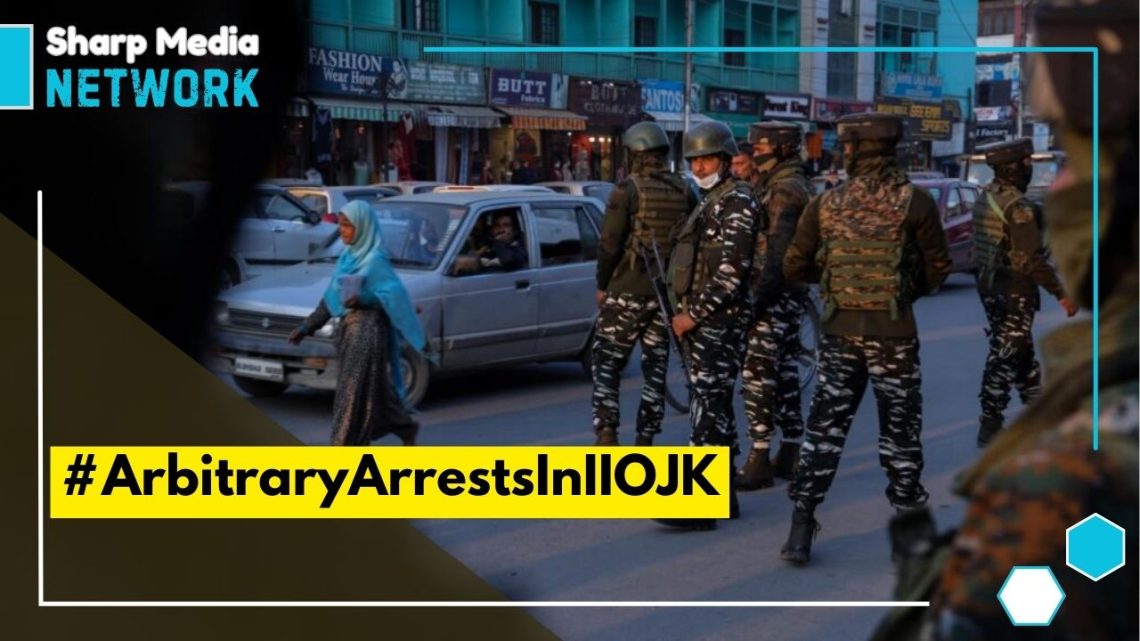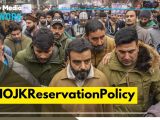
Tensions Soar in IIOJK Ahead of PM Modi’s Visit
April 15, 2025As Prime Minister Narendra Modi prepares to visit IIOJK, a heavy wave of security crackdowns has gripped the region, leaving residents anxious and frustrated.
Authorities in Indian Illegally Occupied Jammu and Kashmir (IIOJK) have intensified restrictions ahead of Prime Minister Narendra Modi’s upcoming visit on April 19. This sudden clampdown has sparked unease and alarm among the local population, especially in sensitive areas of the Jammu region.
In anticipation of the visit, security measures have been ramped up across the territory. The streets are witnessing a surge in Indian military presence, with new checkpoints, aggressive frisking operations, and digital surveillance efforts dominating public spaces.
Residents report increased restrictions on movement, with several areas under virtual lockdown. Arbitrary arrests and detentions have also been noted, contributing to a growing sense of alienation and unrest.
While the Indian government promotes the visit as a developmental milestone — particularly with the scheduled launch of the first train to IIOJK — many locals perceive it differently. To them, the visit symbolizes a reinforcement of India’s contested control over the region rather than genuine progress.
Security agencies are leaving no stone unturned in their preparations. The Special Protection Group (SPG), which handles the Prime Minister’s personal security, has taken full charge of the event site in Katra, located in Reasi district.
Meanwhile, Director General of Police (DGP) Nalin Prabhat chaired a high-level security review meeting in Jammu. He instructed senior officers to implement airtight security protocols, leaving no room for error.
Critics argue that the extreme measures reflect New Delhi’s ongoing attempt to suppress dissent and enforce a narrative of peace and normalcy. These tactics, they say, not only disrupt everyday life but also further alienate the region’s population from the central government.
Daily routines have come to a standstill, and fear looms large in the minds of ordinary Kashmiris. With heightened surveillance and intense troop deployment, many feel that their freedoms are being curtailed under the guise of national security.
Though infrastructure announcements often bring hope, the mood on the ground is far from celebratory. The focus on optics and control rather than dialogue and trust-building has only added to the region’s long-standing grievances.
As April 19 approaches, the people of Indian Illegally Occupied Jammu and Kashmir (IIOJK) find themselves bracing not for a celebration, but for yet another episode of restricted movement, surveillance, and silenced voices.

